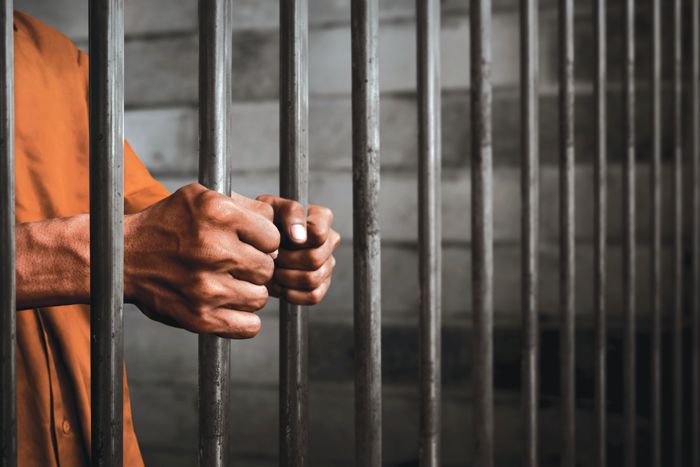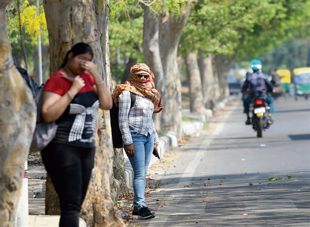
The recommendations of the three-member panel constituted by the Supreme Court in 2018 are expected to give a much-needed fillip to prison reforms. While seeking the views of the Centre and the states on the Justice Amitava Roy Committee report, the apex court has made its priorities clear. It will first consider the issues pertaining to women and children, transgender prisoners and death-row convicts. Women in incarceration, says the report, suffer the brunt of imprisonment. By 2019, they accounted for 4.2 per cent of the prison population, but only 18 per cent of them were allotted exclusive women’s prison facilities. All categories of female prisoners are lodged together, whether they are undertrials or convicts. Only jails in Goa, Delhi and Puducherry allow meetings with children without bars or glass separation. Less than 40 per cent of the prisons provide sanitary napkins.
As on November 30, 2018, the occupancy rate of jails stood at 122 per cent. Expanding the open and semi-open prison system has been suggested to reduce overcrowding. Replacing imprisonment for petty offences with community service is another viable option. Suicide was a major cause of unnatural deaths reported in jails during 2017-21. The panel has recommended suicide-resistant barracks with collapsible material. It wants oversight committees in every state to monitor the functioning of prison departments. This will facilitate transparency and accountability.
The panel has stressed the need for equal rights and facilities for transgender prisoners. Sensitising the staff would be the key. The SC has included within the ambit of reforms the availability of medical facilities. Tele-medicine and consultation through video-conferencing will do away with the hassle of taking prisoners to hospitals. The call for a push to vocational training, which is already being actively pursued, underlines its importance. Urgent action and strict enforcement are vital.
Join Whatsapp Channel of The Tribune for latest updates.


























